Table of Contents
Tasmania Has the Most Progressive MC Driving Legislation in Australia!
Australian driving legislation is a great source of anxiety for many medicinal cannabis patients throughout Australia… that is, except in Tasmania.
The team over at ‘Drive Change’ have identified a defence for unimpaired medicinal cannabis patients who return a positive result to a roadside drug test. This was later confirmed by the Tasmanian Police.
Under Tasmanian law, THC is seen as a prescribed and lawful drug. Therefore, a person does not commit an offence if that drug was obtained and administered lawfully. However, a person found driving with THC in their saliva or blood which is clearly affecting their ability to drive can still be found guilty of a separate offence. Makes sense, right?
Tasmania Police said that roadside oral fluid drug testing will still test for THC… but there was no way to determine whether a positive oral fluid test relates to prescription or illicit use of cannabis.
“Legislation differs across states and territories regarding the use of medicinal cannabis and driving,” Tasmania Police said.
“In many jurisdictions, it is an offence to drive with THC present in a person’s oral fluid or blood. In those instances, there is no legislative dispensation or defence for the use of medicinal cannabis which leads to a positive road drug test.”
“Therefore, if a person is lawfully using medicinal cannabis, that person does not commit an offence in respect of driving with a prescribed illicit drug present in their oral fluid/blood. This is also the case for licit use of opioids,” the Police said.
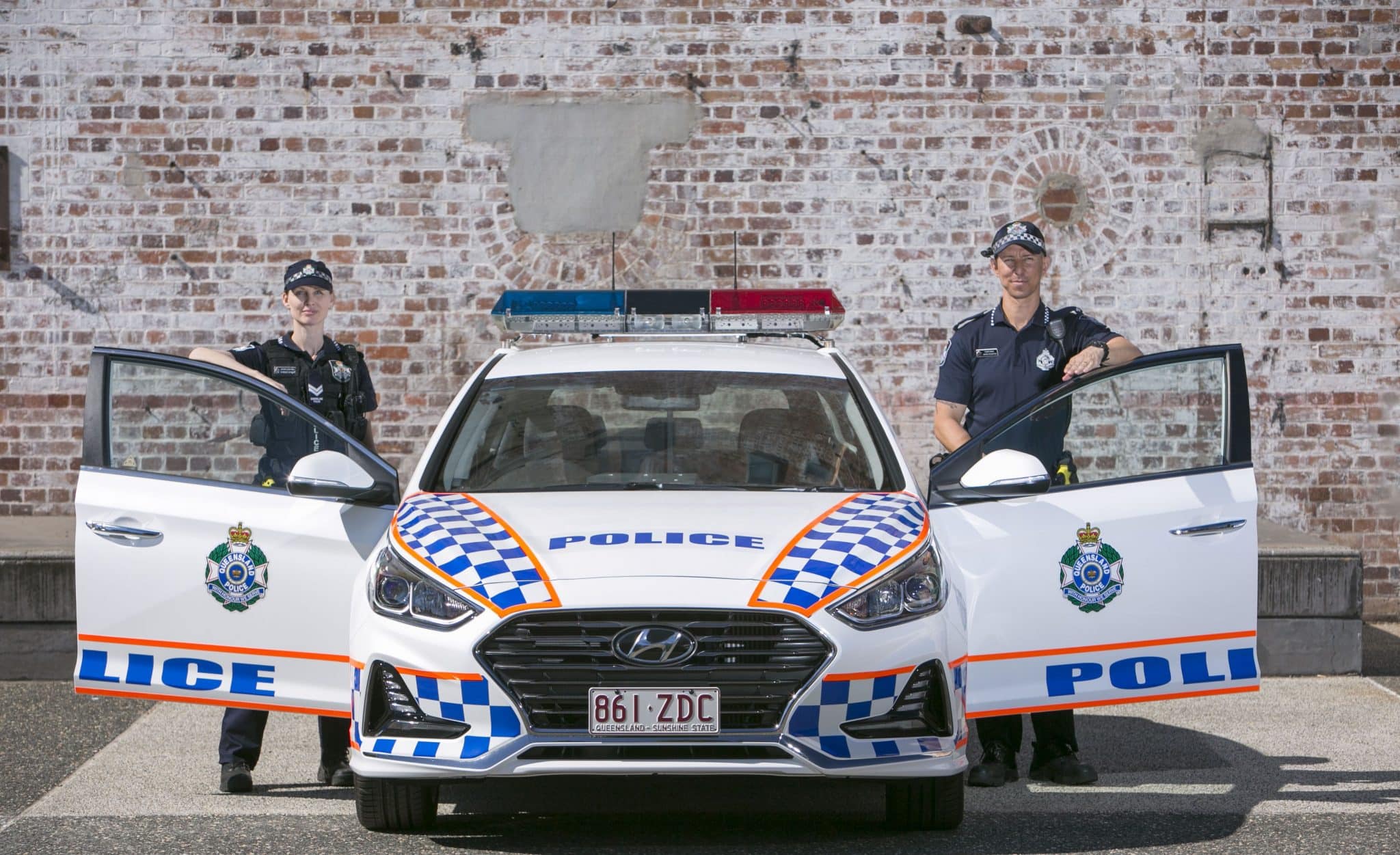
There may still be an offence if a person’s driving is so affected by the drug that they are incapable of having proper control of the vehicle.
“There are many prescribed medications which have the capacity to affect driving, therefore this principle is not limited to cannabis only,” the Police said.
“Tasmania Police is consulting with other policing jurisdictions to enquire what, if any legislative or policy change has been undertaken to address the use of medicinal cannabis while driving a vehicle and will assess the ongoing legislative response in Tasmania.”
Tasmania’s MC Program Has Finally Caught Up With the Mainland!
The island state of ‘Tassie’ was once notably isolated from the developments in the medicinal cannabis space, up north… they were the only jurisdiction in Australia where GPs could not prescribe medicinal cannabis to patients, until very recently!
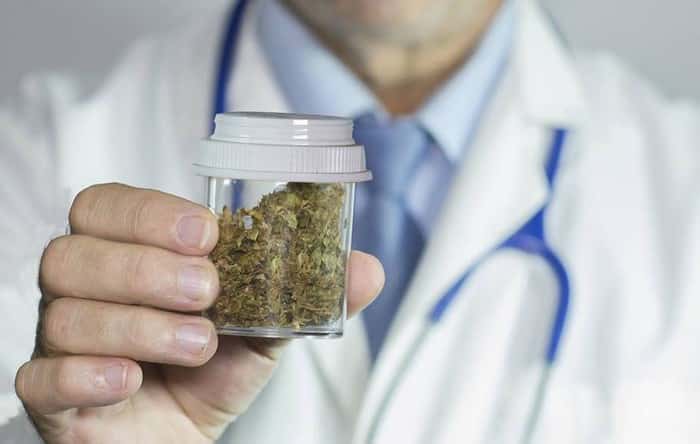
Patients could only gain legal access to the drug through a lengthy and costly process via a medical specialist, like a neurologist.
From the 1st of July, 2021, Tasmanian GP’s are able to seek permission to prescribe cannabis products through the Therapeutic Goods Administration.
GP’s will need to apply for each patient individually through the national streamlined online
application pathway, and they will receive authorisation as to whether they can prescribe within 48 hours. Patients who are successfully prescribed medicinal cannabis through a GP will then get their script filled at private pharmacies.
Prior to this, all prescribed medicinal cannabis through the Controlled Access Scheme were dispensed at Tasmanian Health Service pharmacies in hospitals, and given out at a heavily subsidised rate by the State Government. Specialists will still be able to prescribe under the changes, and it is understood that patients who get scripts this way will still get medication at a subsidised rate.
Many news articles insist that up until recently, less than 20 people had accessed cannabis via Tasmania’s unique scheme; however, it is important to note that many more Tasmanian residents have been obtaining prescriptions via alternative legal access pathways.
National Calls to End Roadside Discrimination Reach Fever Pitch
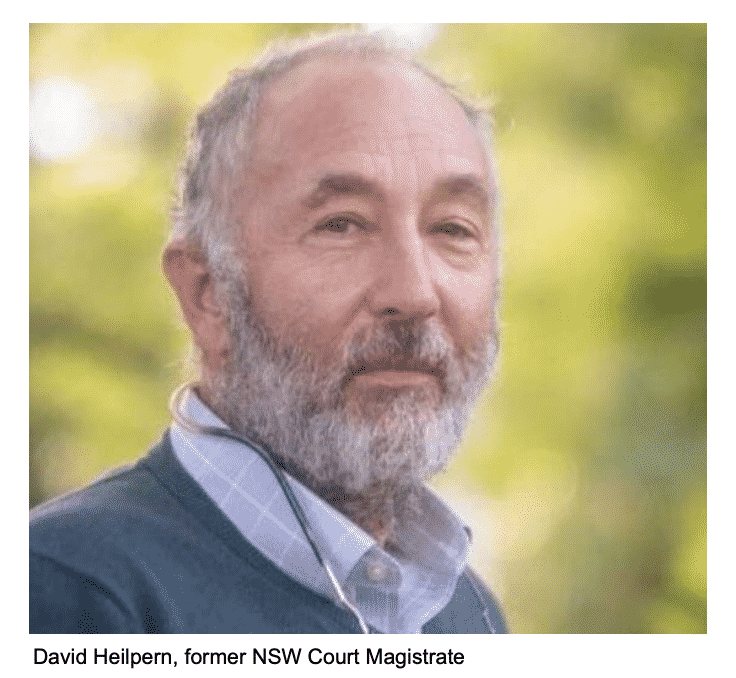
The Drive Change team includes a host of respected individuals – including Adjunct Professor David Heilpern LLB LLM; an ex NSW court magistrate who resigned in 2020, citing that drug driving laws are so ‘grossly unfair’ that he can’t apply them.
The team also consists of public ambassadors such as Dr Teresa Towpik; MLC Tammy Franks; and Mick Palmer, a retired lawyer and Australian Police Officer, who was the Commissioner of the Australian Federal Police.
“After 33 years, I can no longer ignore the evidence on drugs” said Mick Palmer, the former AFP police commissioner.
“As a 33-year police practitioner who was commissioner of the Australian Federal Police during the ‘’tough on drugs’’ period, I fully understand the concerns of those who argue there is no reason to reconsider drug policy – and I shared many of them until recent years.”
“My police experience, in both the state/territory and federal jurisdictions, together with some 15 months practising at the private bar as a defence barrister and several years experience in the drug and alcohol fields, has convinced me that I was wrong.”
Scientific Community Backs the Calls for Legal Reform
Recently, scientists from the Lambert Initiative have shown that a medically active component of cannabis does not impact driving ability, and that moderate THC intoxication lasts only a few hours.
The research review, published in Neuroscience & Behavioural Reviews, analysed 80 scientific studies on the effect of THC on driving performance; these studies were conducted over the past 20 years.
These findings are strengthening the case for changes to drug-driving laws across Australia, with an increasing number of researchers and advocates becoming involved in the push for common-sense legal reform.
Academic director of the Lambert Initiative, Iain McGregor, said that medicinal cannabis users were particularly interested to know when it was safe for them to drive; despite the law being particularly unclear on the issue.
“THC can be detected in the body weeks after cannabis consumption while it is clear that impairment lasts for a much shorter period of time. Our legal frameworks probably need to catch up with that.” said Iain McGregor.
Driving Change in Victoria
Around the same time as the results from the Lambert Initiative were published, Fiona Patten – member of the Victorian Legislative Council – started gaining traction with the Road Safety Amendment (Medicinal Cannabis) Bill 2019.
The effect of this Bill is simple – to treat these medicines, as prescribed by a doctor, in the same way as any other prescription medication under the Road Safety Act – this is very similar to Tasmania’s current legislation.
The Bill is ‘safety focused’, ensuring that it remains an offence for someone to drive if impaired by medicinal cannabis.
This Bill only amends the offences of ‘Driving with Drug Present in Blood or Oral Fluid’ – these charges are typically handed out when THC is detected, regardless of whether there is an allegation of dangerous driving behaviour.
Fiona has stated that “It is important to note that the average medicinal cannabis patient in Victoria is a 55yo woman.”
“Drug driving laws throughout Australian states and territories are constructed in such a way that medical cannabis patients consuming a dose of medication too low to cause impairment are still vulnerable to these unjust penalties.”
“These penalties have seen countless upstanding citizens branded as criminals and has destroyed the lives of many families trying to seek a better quality of life through natural medications.” she said.
South Australia Not Far Behind
Greens upper house MP Tammy Franks says current laws across the country discriminate against people taking a legally prescribed drug.
Her proposed changes, similar to those currently in place in Tasmania and under review in Victoria, would give people a defence if drug tested while driving. That defence would be overturned if the driver was deemed to be impaired, or if dangerous or reckless driving was involved.
“Australia is the only jurisdiction that prevents medicinal cannabis patients from driving while they are using their prescribed medication, even when they are not actually impaired,”
“Our current laws are based on stigma, not science. Medicinal cannabis patients deserve to be treated the same as any other patient who is taking prescribed medication.” she said.
NSW Legislature Lagging…
On her way to Nimbin Mardigrass 2021, member of the Legislative Council Cate Faehrmann was roadside drug tested by a police officer who failed to follow the respective procedures.
This officer was caught on camera administering a test without protective gloves, increasing the risk of contamination and the likelihood of returning a false positive.This prompted calls for all tests conducted over the protest period be rendered invalid.
Greens MP David Shoebridge proposed a Road Transport Legislation Amendment Bill for NSW in 2014 – then again in November 2020.
This amendment would provide a similar defence to the one Tasmanians have had for a long time. Member of the Legislative Council David Shoebridge stated:
“It is a defence to a prosecution… if the defendant proves to the court’s satisfaction that.. the presence in the defendant’s oral fluid, blood or urine of delta-9-tetrahydrocannabinol was caused by the consumption of a substance for medicinal purposes.”
The bill has been voted down in state parliament on both occasions.
Unjust Drug Driving Laws are Destroying Lives

The need for legal reform throughout the country is becoming abundantly clear.
In Sydney, a business owner has had his livelihood destroyed as a result of flaws within the state’s controversial roadside drug testing scheme.
Alec Zammitt, who previously ran a private security company, had his licenses to operate revoked by the NSW Police after a mobile drug test found cannabis in his system while driving.
Alec did not subsequently lose his driving license from this, proving the inadequacy of the current legal climate in NSW.
“I immediately had to turn over my master security licence, therefore terminating the security company that I am the sole director of, and resulting in 4 people, plus contractors, instantly finding themselves without a career,” Zammitt said.
And so, the Court Battles Ensue…
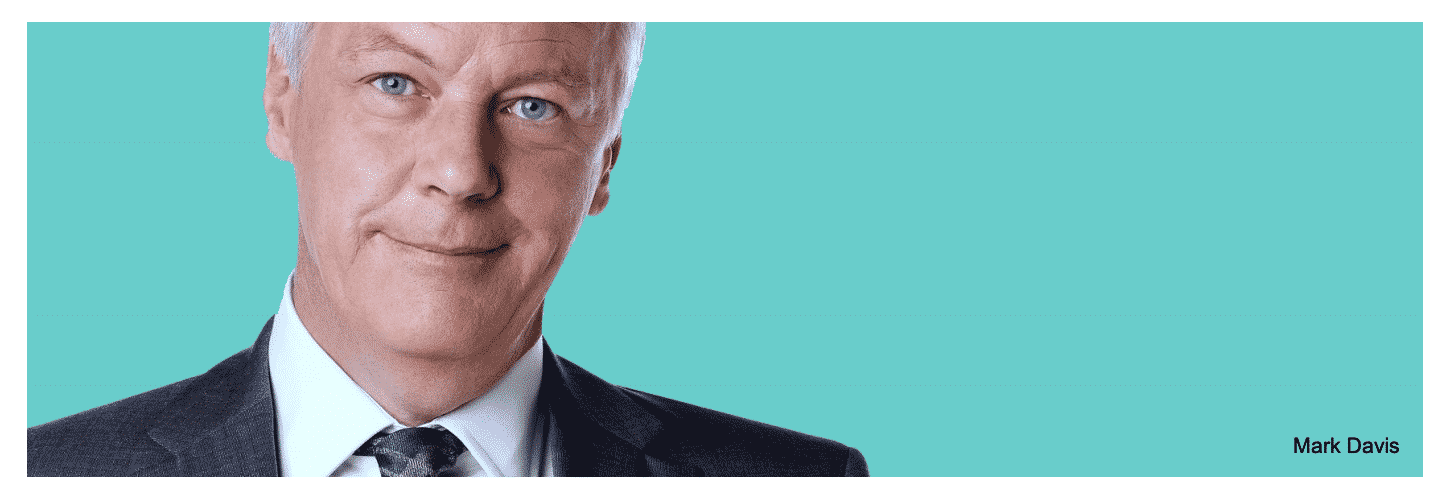
Alec’s case is represented by Lawyer Mark Davis; a 5 time Walkley award winning journalist…
Mark Davis is known for his lead role in defending Jordan Shanks and Kristo Langker of popular youtube channel FriendlyJordies in a currently active case of alleged defamation and stalking involving NSW deputy premier John Barilaro.
“This has become a de facto means of drug testing all citizens, and they’re doing it through licensing.”
“There’s no onus on the police to prove these people were affected by drugs in any way, but you still have hundreds of people ending up with criminal convictions – even for trace elements in their system.” said Mark Davis, Principal of Sydney City Crime.
According to Professor Robert Weatherby, a health expert at Southern Cross University who reviewed the case, the cannabis found in Zammitt’s system likely came from a kiss exchanged with his partner before entering the car.
Adding further insult to injury, a study also conducted by the Lambert Initiative of Sydney University published results casting doubt on the accuracy of mobile drug testing devices. Research suggests the devices currently used return both false positives and false negatives.
The study, published in the journal Drug Testing and Analysis, found that the devices frequently failed to detect high concentrations of tetrahydrocannabinol (THC).
False negative rates were 9 percent and 16 percent for the two devices but they also sometimes gave a positive result when saliva THC concentrations were very low or negligible (false positive rate of 5 percent and 10 percent).
This month, Swinburne University was awarded a A$358,980 federal grant for a medicinal cannabis road safety study.
The study Led by Dr Amie Hayley and Professor Luke Downey from the Centre for Human Psychopharmacology will be conducted within Swinburne’s Drugs and Driving Research unit, and will focus on the effects of medicinal cannabis on driving ability.
Too little. too late for some Australians… such as William Stolk from “Who Are We Hurting?”.
“Australia’s drug driving laws represent a Stone Age mentality of no tolerance, they criminalise individuals who represent no risk to other drivers, making a mockery of the law as a tool for reasonably managing risk in a community.” Will said.
References
Tasmania Police statement originally published by Fairfax Media via The Examiner. – https://www.examiner.com.au/story/7324195/driving-on-medicinal-cannabis-may-be-an-offence-under-tasmanianroad-laws
For further information or media relating to the topics mentioned or for further comment from any of the parties mentioned, please contact The Craze Collective via 02 8003 3455 or admin@crazeco.com.au

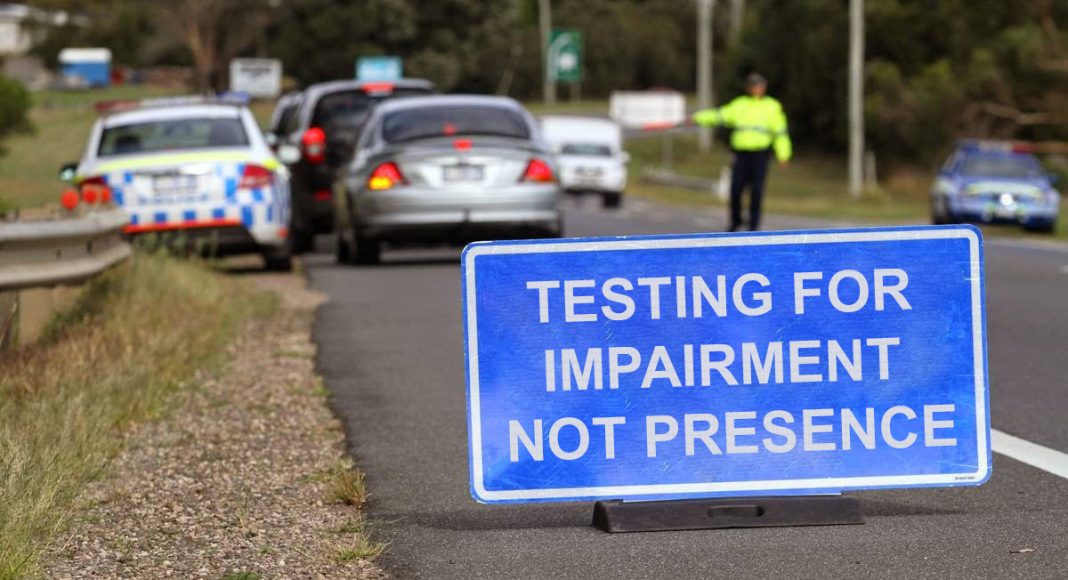

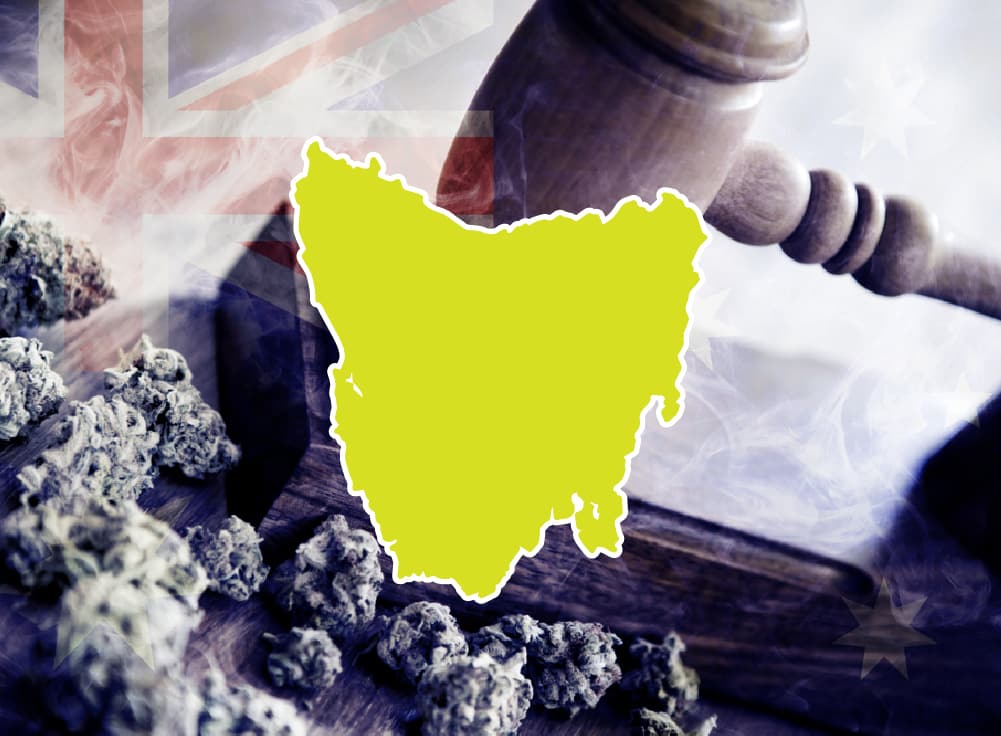
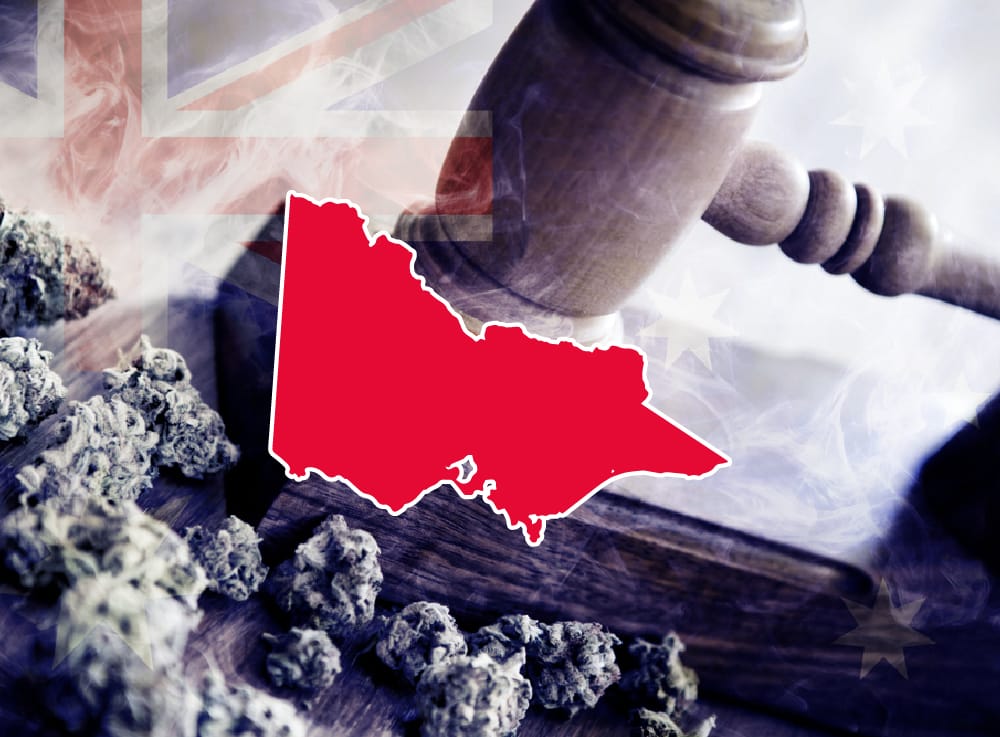
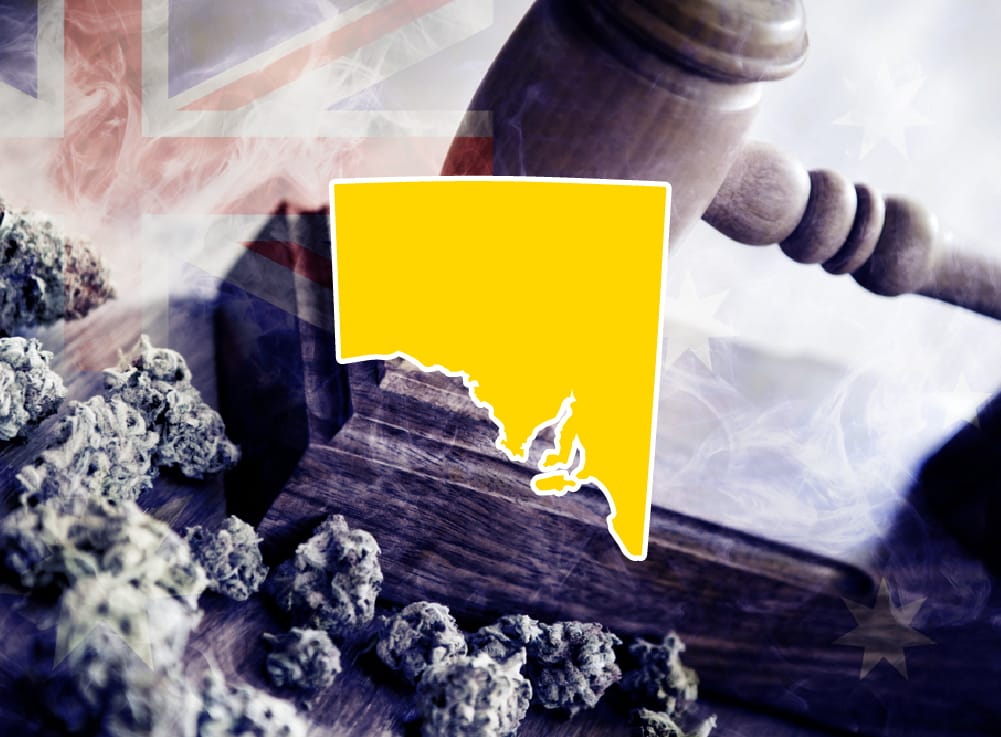
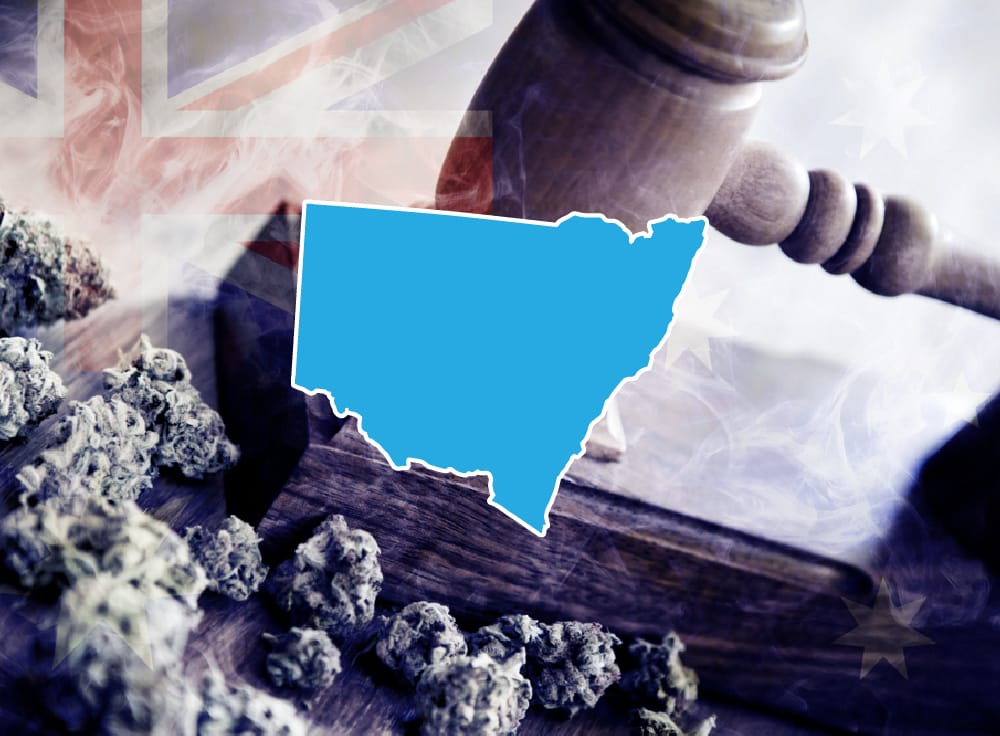

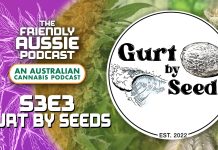








Stupid is as stupid does